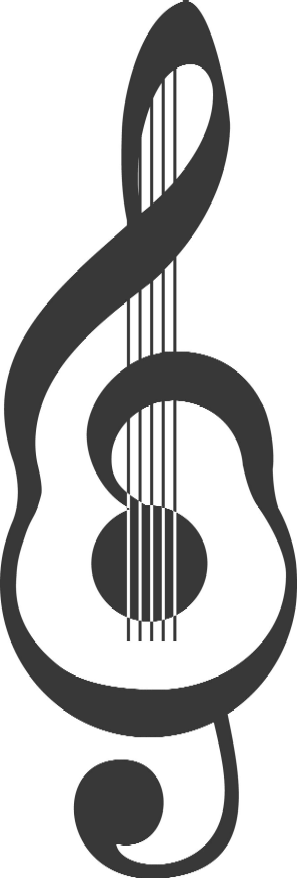 Image via Wikipedia
Image via Wikipedia
AVANDIA MAKER AWARE OF CARDIAC RISKS: US SENATE REPORT
------------------------------------------------------
NEW YORK - A United States Senate report has found that drug maker GlaxoSmithKline knew of possible heart attack risks tied to Avandia, its diabetes medication, years before such evidence became public.
Senator Max Baucus, chairman of the Senate Finance committee, and Senator Chuck Grassley, the committee's ranking Republican, released the report on Saturday after a two-year inquiry.
The report said the company tried to play down findings that the drug could increase cardiovascular risks, while also working to downplay findings that a rival medication might reduce such risks.
The senators asked the US Food and Drug Administration (FDA) why it allowed a clinical trial of Avandia to continue even after the agency estimated that the drug caused 83,000 heart attacks between 1999 and 2007.
The agency did order a warning to be included on Avandia's label in 2007, saying that it might increase the risk of heart attacks, though the data on the risk was not conclusive. The Senate report suggests sharp disagreements remain at the FDA over how to handle Avandia's risks.
The senators said the committee's report was based on researchers' studies of Avandia, internal GlaxoSmithKline documents and FDA documents. They said committee investigators had interviewed GlaxoSmithKline and agency employees as well as what it called anonymous whistleblowers.
In a statement, GlaxoSmithKline insisted the drug is safe and said the committee report took data out of context from analyses of Avandia.
The drug is intended to control blood sugar by increasing the body's sensitivity to insulin, a protein critical to digesting sugars. AP
From TODAY, Monday, 22-Feb-2010
----------





























